In 1982, the Clash asked this question in their hit single “Should I Stay or Should I Go?” Today, I hear the same question being asked (or stated) to me nearly every day:
“When are you moving to Florida?”
“Texas welcomes you.”
“There’s plenty of space here in Montana.”
I am now frequently invited to relocate away from the shantytown third world conditions here in Los Angeles. In the past, I responded by saying that I can still do good here, and that people doing good are needed in places like LA now more than ever. If there is still an opportunity for change, why leave for an easier life elsewhere, especially if you care about the place where you were born and raised? Why give California over to interlopers from the Left and enable them to destroy fully and permanently what was once the greatest state in the US?
More recently, though, I have begun to offer a different answer: There is no place left in the US to go.
Yes, I know…there are still many beautiful, lightly populated open spaces throughout the country where you can live on a farm or ranch, or perhaps in an isolated cabin in the woods. This can be an idyllic life for some, but that is not the life I want, at least not right now. I want to live in a city, just not a failed city. And I cannot think of any medium to large sized city in this country that has not been soiled by progressive politics.
This spring I visited Naples, Florida to speak at a freedom rally with Dr. Simone Gold. I had heard that Naples was the gold standard for any American city pursuing medical freedom and free speech. “You’ll love it here—the sheriff supports gun rights, doctors can practice freely, and everything is open.” To my surprise, I discovered that one of the largest medical groups in Florida required mRNA injections and universal mask-wearing for all its staff, and had turned away patients who refused to follow suit. I couldn’t find any restaurant or bar open after 10:00 PM on a Saturday night. The only fully open establishment was a large grocery store run by Alfie Oakes called Seed to Table. Alfie had managed to skirt local health department closure mandates by operating a grocery store—an “essential service”—with a second level that functioned as a restaurant, bar, and live music / dance club. Seed to Table was great—I enjoyed eating there, listening to the band, and chatting with the energetic crowd late into the night. But there was nowhere else to go. And this was Naples, supposedly the heart of the resistance movement.
I had similar experiences in many other cities, including Dallas, Columbus, and Colorado Springs. Every city has fallen or is teetering. Unless you wish to embrace a rural life, what is one to do?
The perennial question of the dissident is this: Can I do more good from within or from without? Usually, the answer is from within, until the persecution becomes so powerful that imprisonment or death is nearly inevitable. Here in the US, we haven’t yet begun to execute dissidents, but we’re getting close. They are refused medical care. They can no longer work. Their children are taken from them. They are locked up indefinitely without trial in an underground dungeon in Washington DC, where they are tortured by sadistic racist guards to the point of suicide. That’s pretty close to government-sponsored execution.
When continuing to live as a dissident is no longer an option, then one is faced with exile. The Dalai Lama governs from India. Salman Rushdie was exiled from India for 12 years for publishing The Satanic Verses. They weren’t given a choice. Today, though, one can often exert tremendous influence from afar while maintaining a good life. I cannot predict what will happen this November, but I believe it is a coin toss whether civil order continues post-election. If it fails, a life in exile may be the better option.
Mark McDonald, M.D.
Psychiatrist and author of United States of Fear: How America Fell Victim to a Mass Delusional Psychosis and Freedom From Fear: A 12 Step Guide to Personal and National Recovery

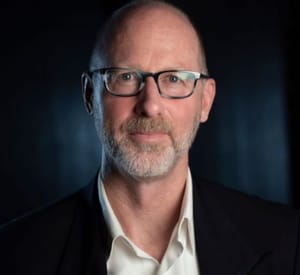
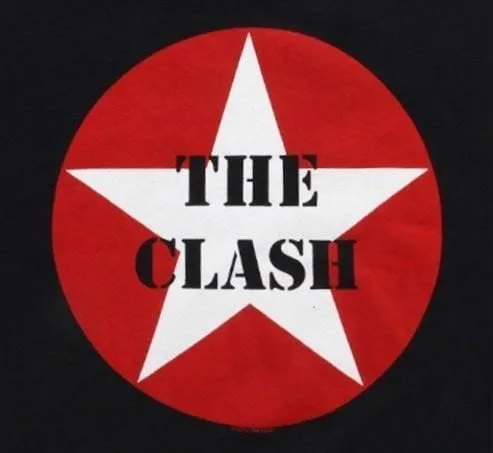

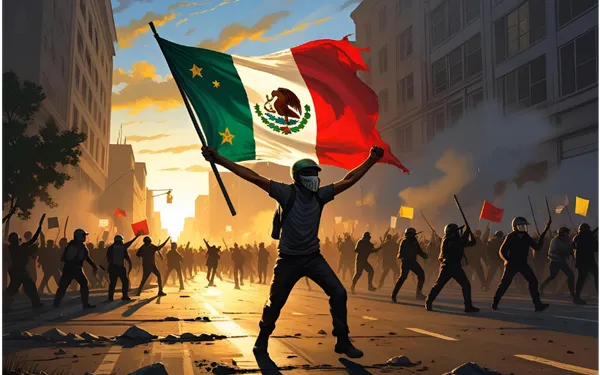
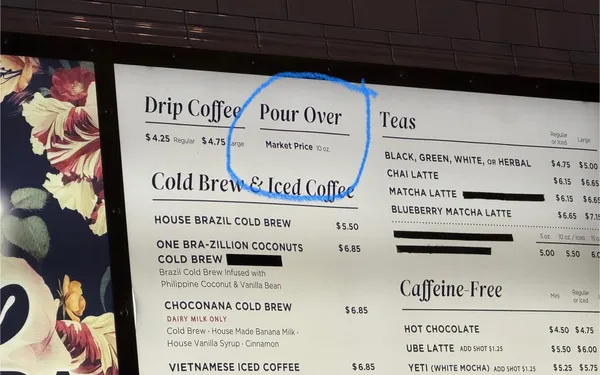
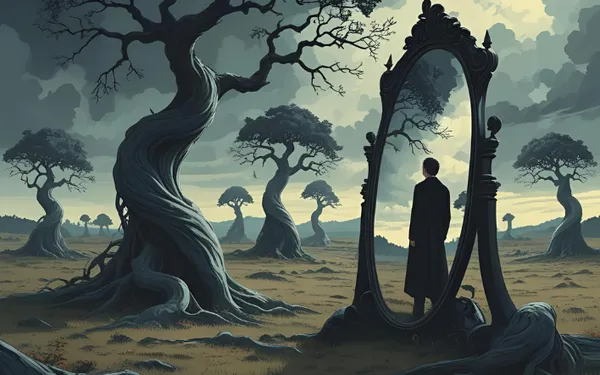
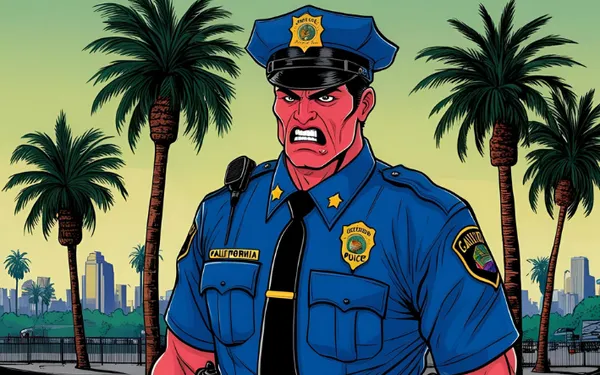
Member discussion